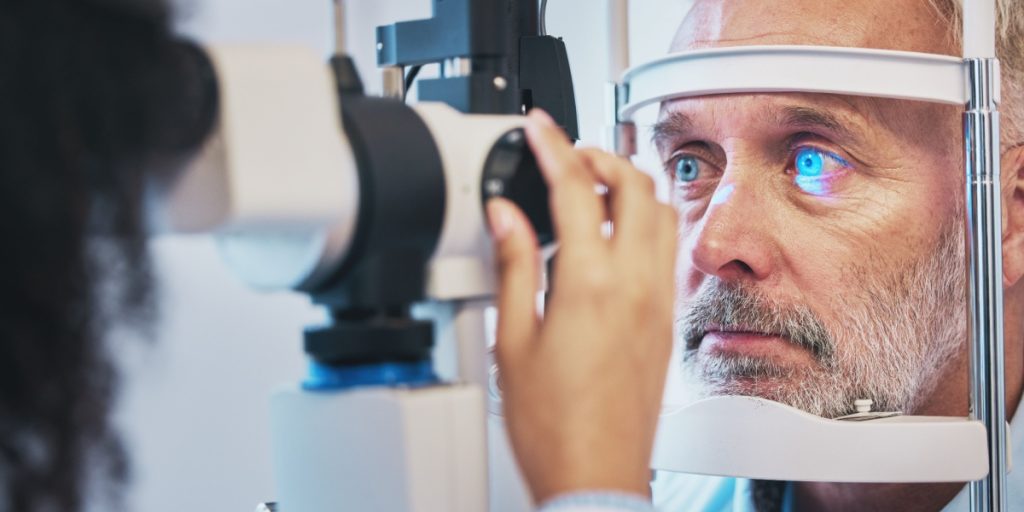Researchers believe there is a significant need for developing new treatment methods against glaucoma, affecting millions worldwide.
Others are reading now
Glaucoma, also known as the “silent thief of sight,” is an eye disease that progresses over time, potentially leading to blindness in one or both eyes. The American Glaucoma Research Foundation estimates that 80 million people worldwide suffer from glaucoma.
A study conducted by Danish researchers has indicated that the risk might be reduced using already known medications.
A Potential Breakthrough with GLP-1
The active substance GLP-1, found in Novo Nordisk’s weight loss medication Wegovy and the diabetes treatment Ozempic, appears to potentially lower the risk of developing glaucoma.
“Our nationwide study showed that diabetes patients treated with GLP-1 agonists for more than 3 years were at a lower risk of developing glaucoma than those who received other diabetes treatments during the same period,” explains Siar Niazi, a doctor at the University of Copenhagen and one of the researchers behind the study, as published in Illustreret Videnskab.
Also read
Agonists are substances that attach to receptors on the body’s cells.
Supplementing Existing Treatments
The need for new treatment methods is pronounced, according to the doctor.
“It’s interesting because currently, we can only slow down glaucoma with treatments that lower eye pressure. Unfortunately, lowering eye pressure is not always enough to prevent visual impairment in many glaucoma patients,” Niazi reports. “GLP-1 could indeed be an opportunity to find a supplementary way to treat glaucoma.”
In a cohort study tracking a group of people over time, researchers examined 264,708 individuals receiving treatment for type 2 diabetes. It was discovered that those treated with GLP-1-containing medications experienced fewer instances of glaucoma than the group that did not receive drugs with the active ingredient.
Risk Reduced by 29 Percent
Researchers also found that prolonged use of GLP-1 medications was associated with a lower risk of developing glaucoma, a finding published in the scientific journal Ophthalmology.
Niazi explains that the study revealed a correlation between GLP-1 and a decreased risk of developing glaucoma, which was reduced by 29 percent among individuals with diabetes.
“Our study indicates a significant signal,” Niazi states.
Given the study’s findings, Niazi notes that the next step is to verify the effect through clinical trials. If the results are confirmed, it represents promising news for patients.
“We would have an additional tool in the fight against glaucoma,” he concludes.


